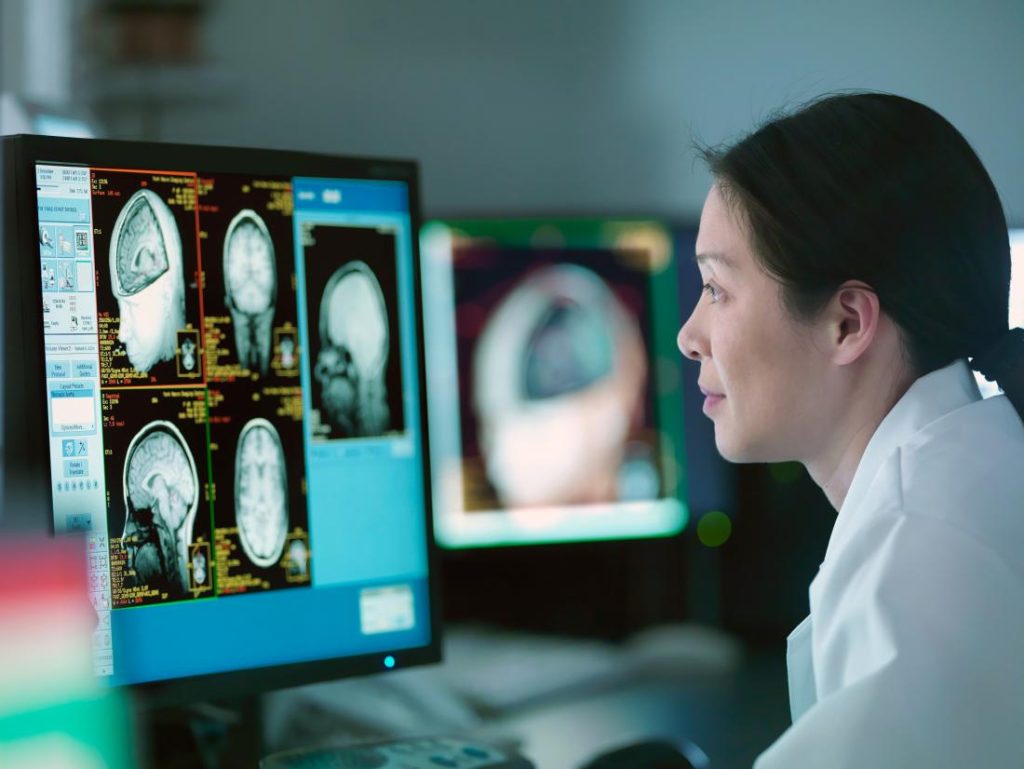A Complete Guide To Purchasing a Domain Name

Web and Domain Hosting in Australia is an important thing to consider when building a website in Australia.
So, if you are thinking of buying Australian domains for your website, you should be well aware of how you can buy a new domain, what the steps are to buy the existing domain name, and what things you should consider before making a domain purchase.
No worries. In this guide, we will explore each of them separately. Let’s go!
How To Purchase A New Domain Name?
Step 1: Choose a Domain Name
- The domain name is your website’s identity, appearing before the “.com” or “.org.”
- Aim for a catchy, memorable name aligned with your brand.
- Check availability with reliable domain registrars
- Consider alternative extensions like .org, .biz, or .net if the desired name is taken.
Step 2: Choose a Reliable Domain Name Registrar
- Consider factors beyond cost when selecting a registrar.
- Some registrars may lack privacy protections.
- Evaluate if using the same company for domain registration and hosting is convenient.
- Read the fine print for domain registration inclusion in hosting packages.
Step 3: Purchase and Register Your Domain Name
- Opt for privacy protection to shield personal information from the public ICANN



